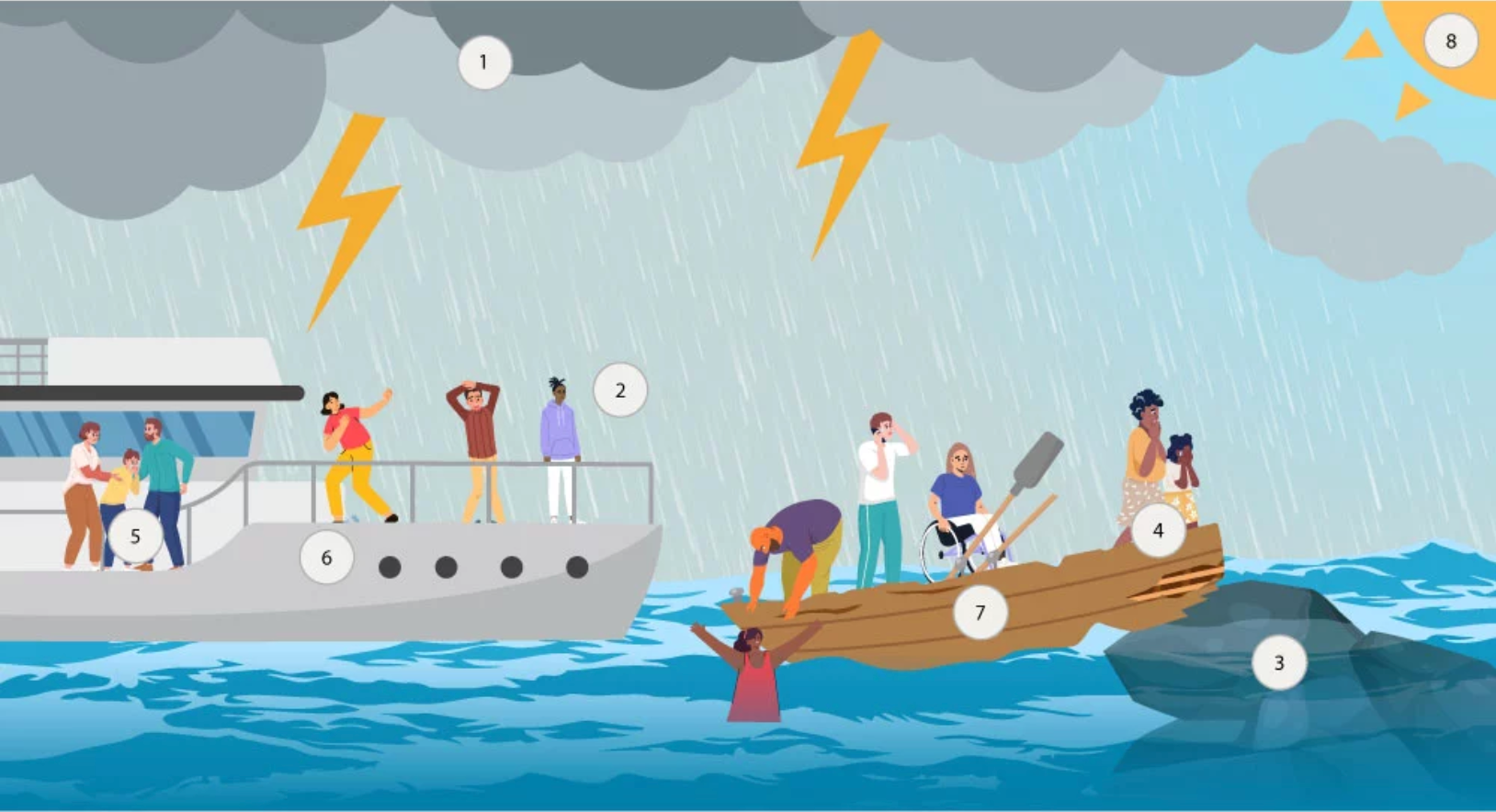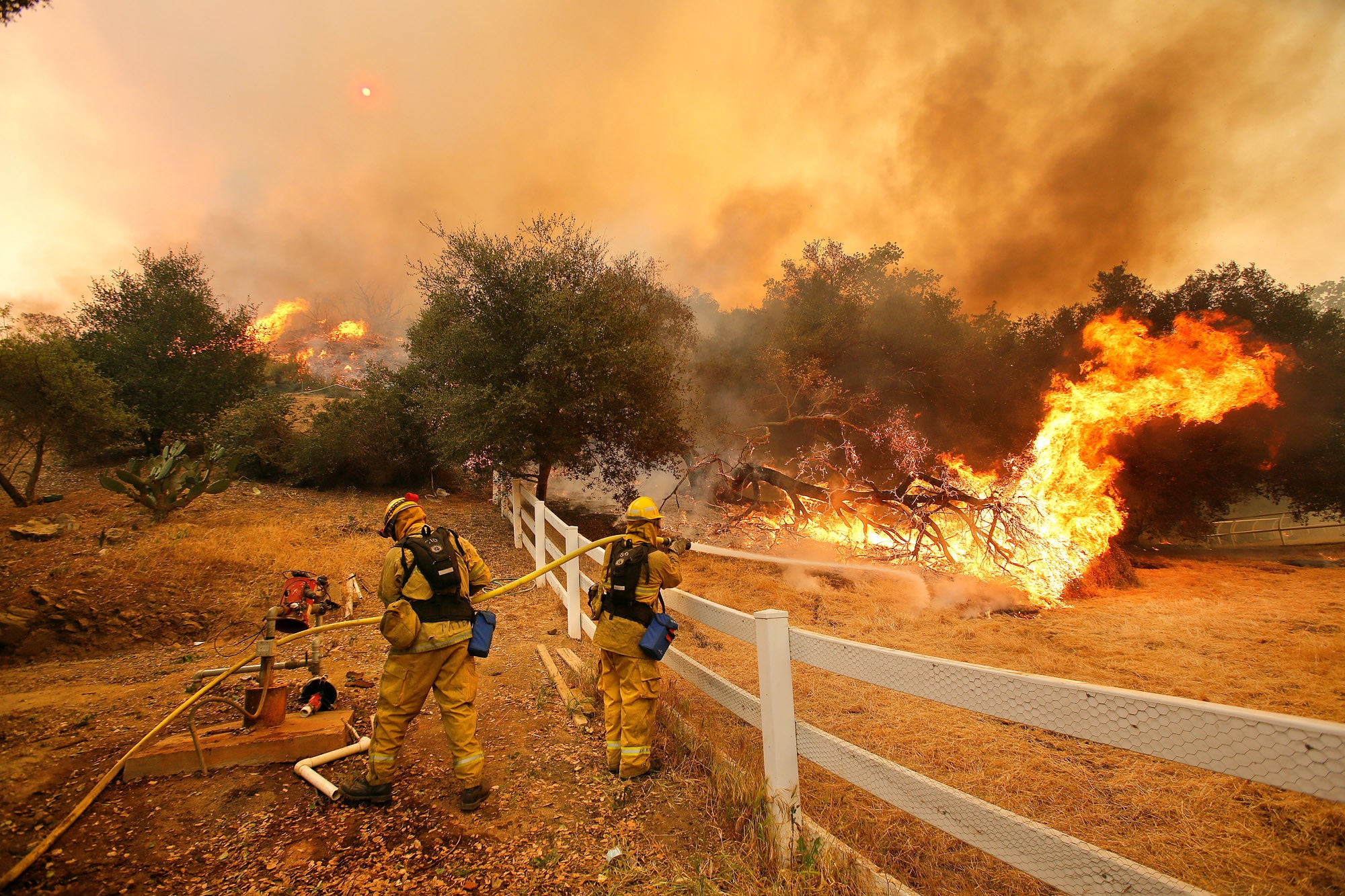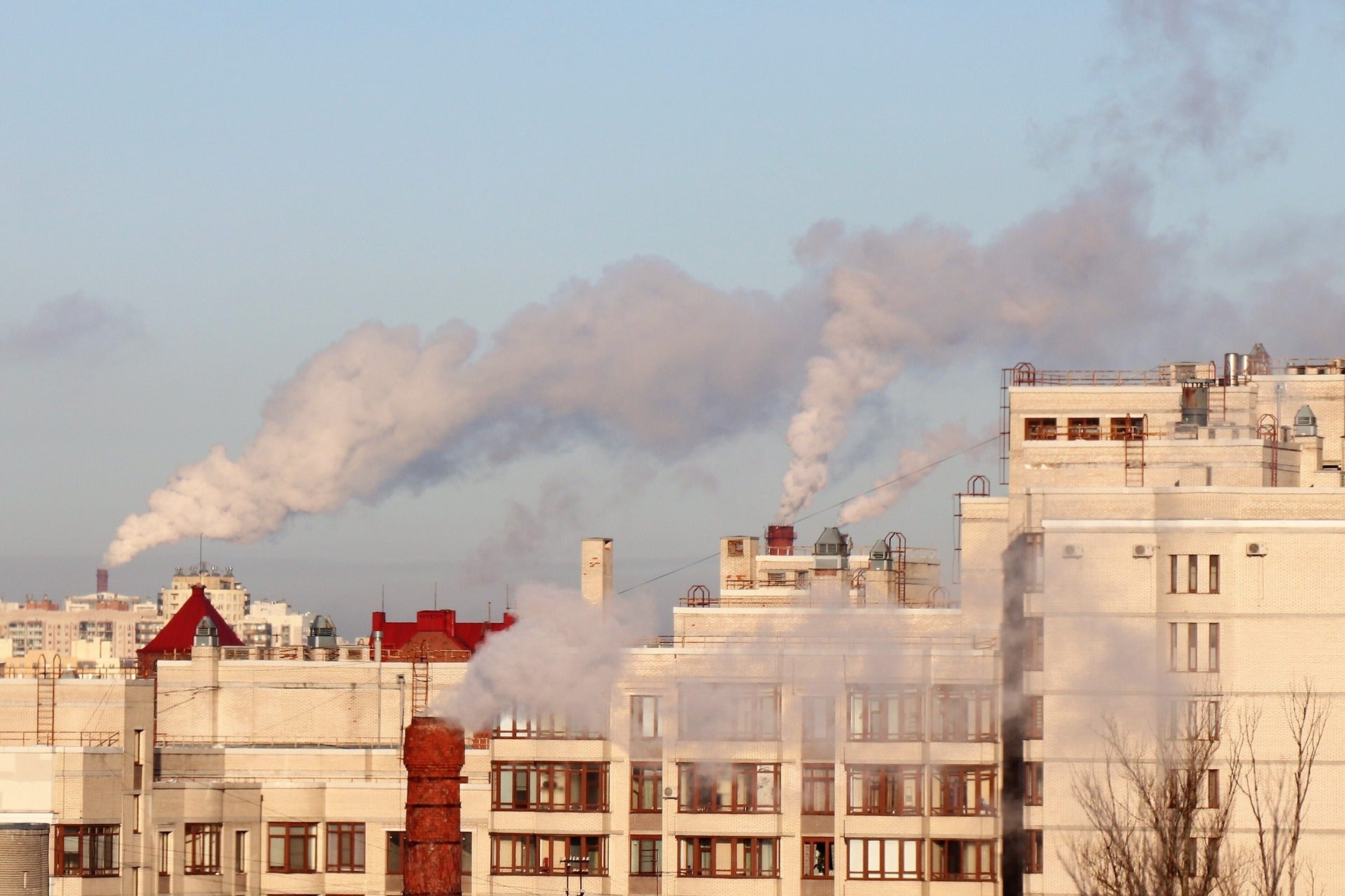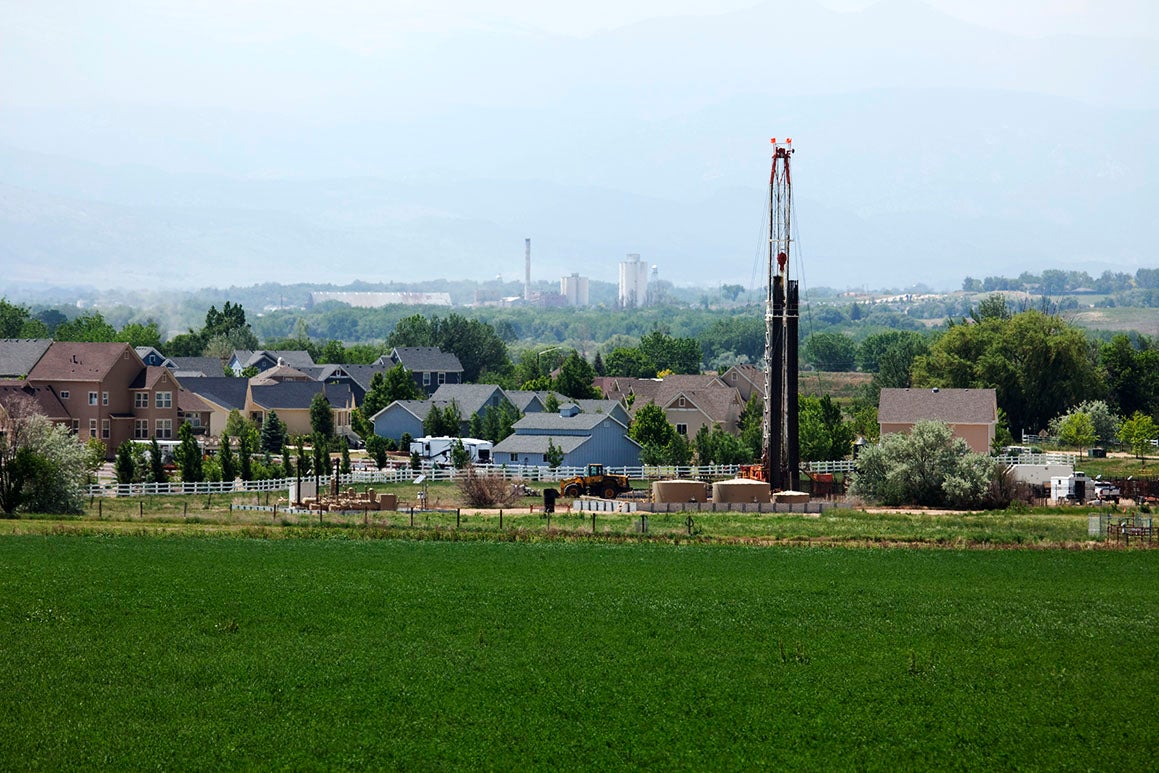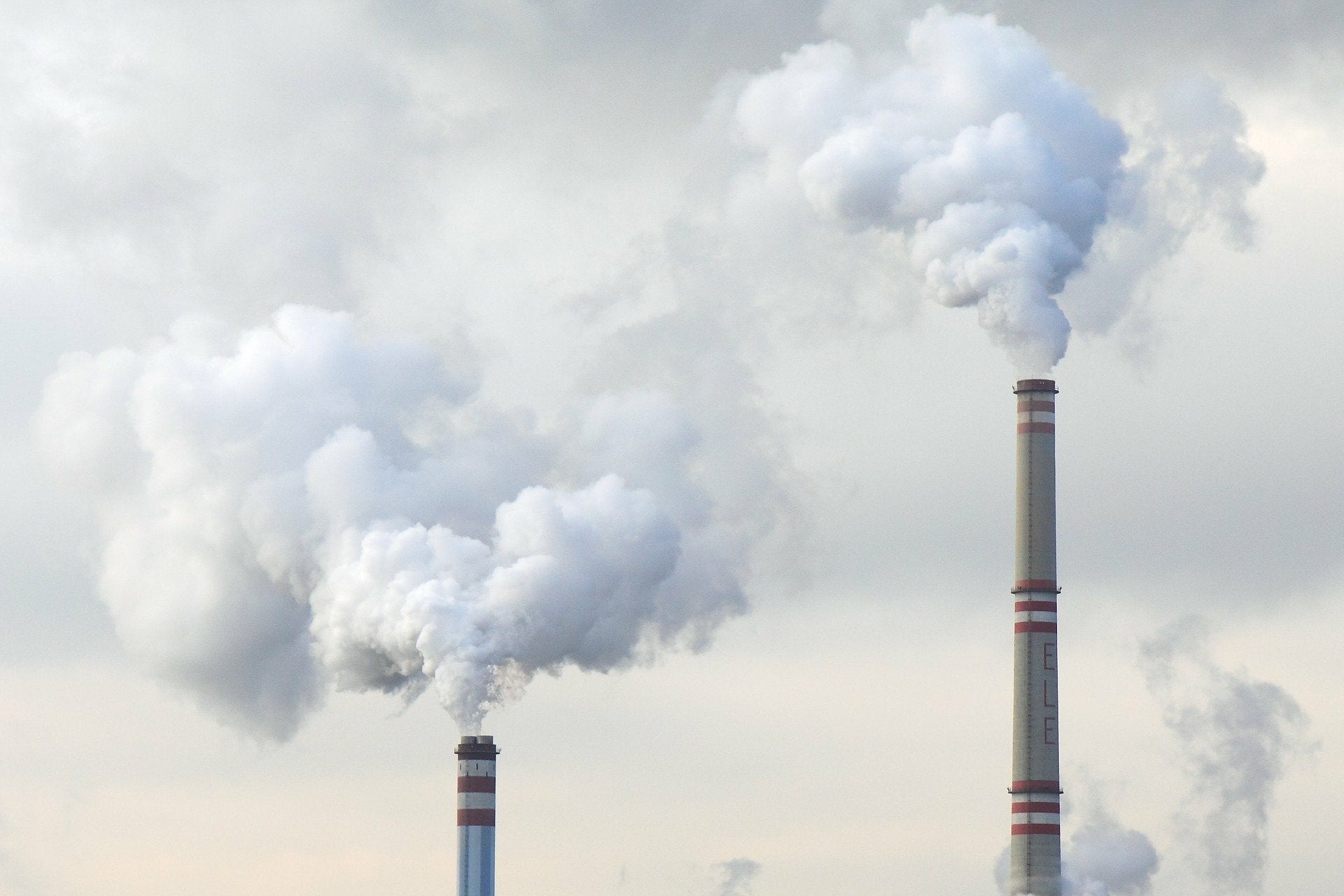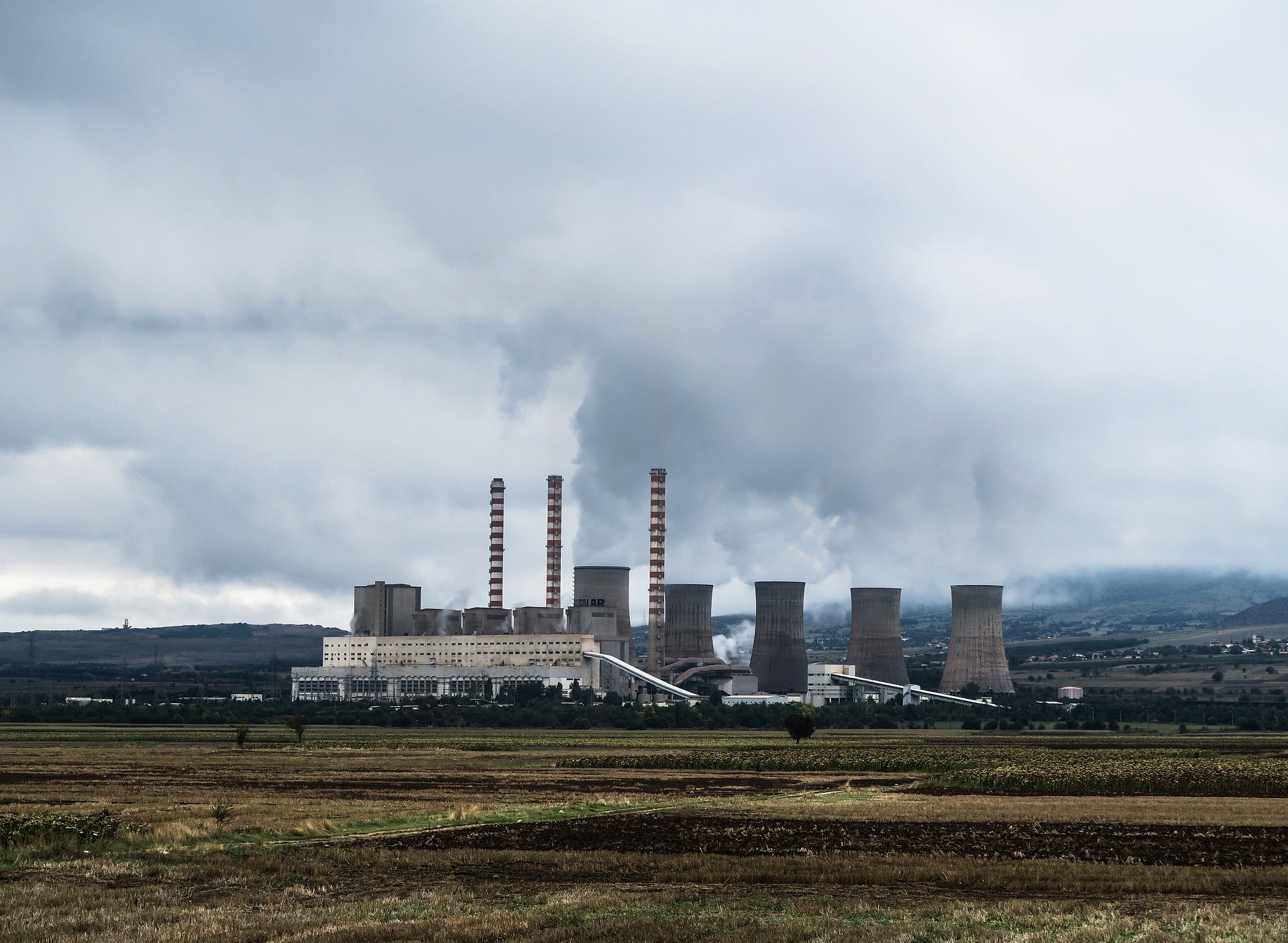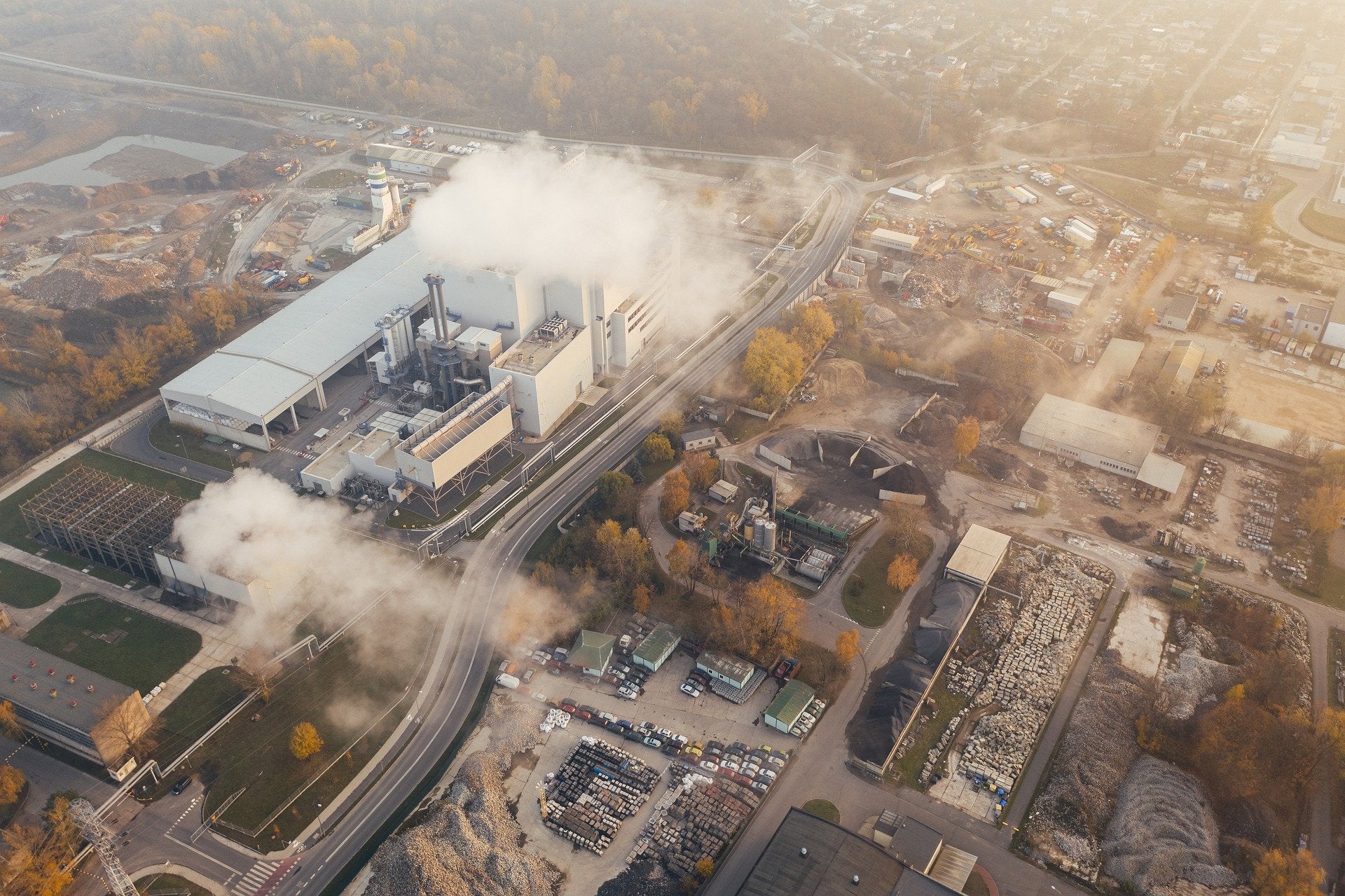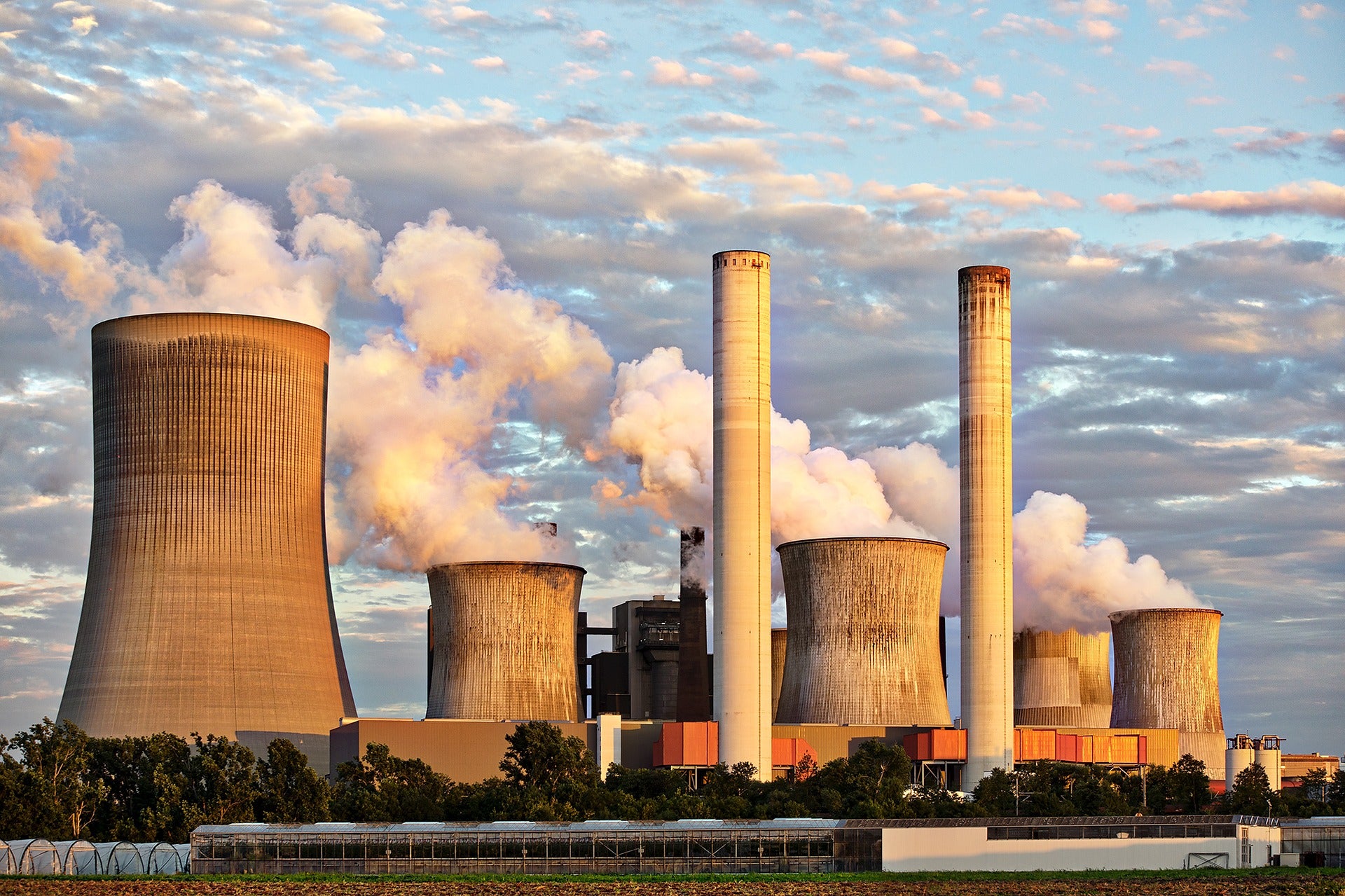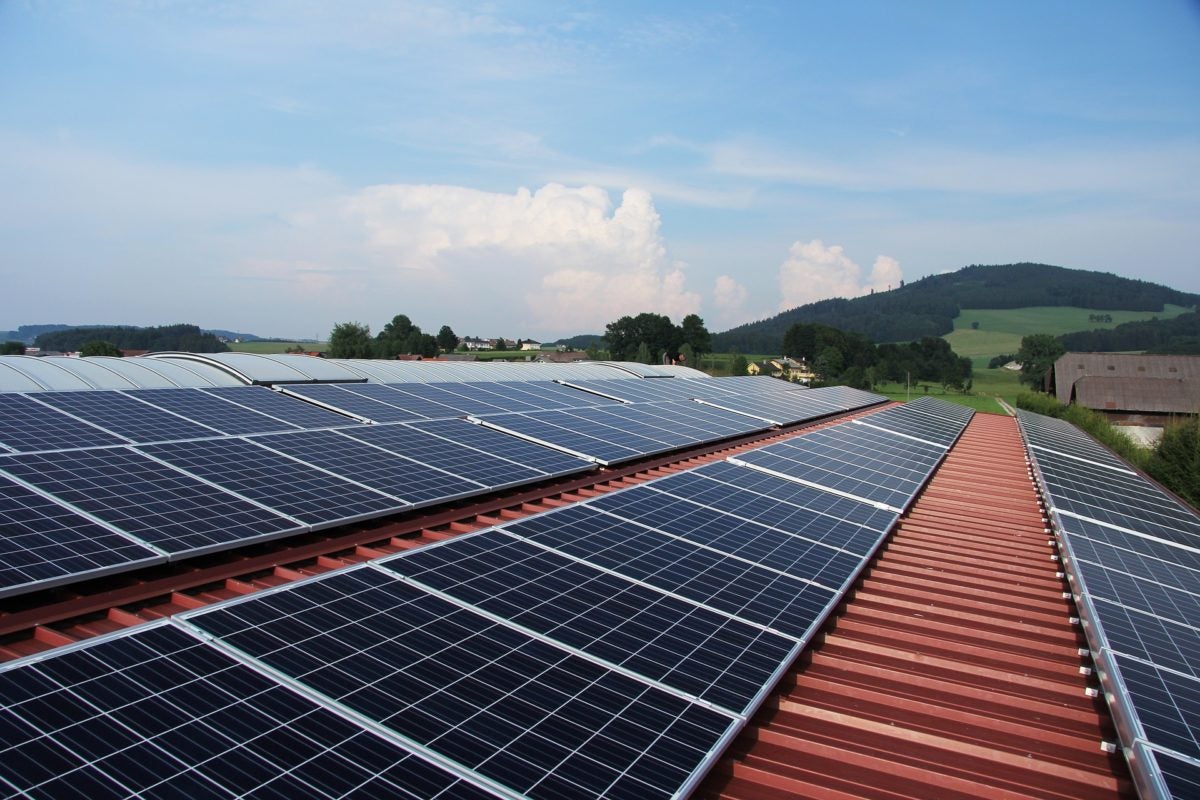New inventory of air pollution impacts from stationary sources over past decade shows trend may continue
BOSTON – A new study finds that burning natural gas, biomass, and wood now have more negative health impacts than burning coal in many states, and is a trend that may continue. The study from Harvard T.H. Chan School of Public Health published in Environmental Research Letters is the first to provide an inventory of the health impacts of each type of fuel burned at stationary sources from 2008-2017, based on available data.
Researchers examined the impact on mortality of tiny particles of pollution called PM2.5 that are emitted outdoors at stationary sources like coal plants, gas plants, industrial boilers, buildings (commercial and residential), and other industries up the oil and gas supply chain. Exposure to PM2.5 can lead to a variety of negative health impacts including cardiovascular and respiratory disease, stroke, asthma, autism spectrum disorder, and premature mortality.
- Fuel consuming stationary sources in 2017 were responsible for an estimated $524 billion to $777 billion in health impacts and 47,000-69,000 premature deaths, 33,000-53,000 of which were due to fuel sources other than coal.
- As of 2017, gas emissions from stationary sources led to more deaths than coal in at least 19 states (CA, CO, CT, DE, ID, IL, KS, LA, MA, MS, NH, NJ, NV, NY, OR, RI, VA, VT, WA) and D.C.
- As coal use has decreased, the share of health impacts from stationary sources has risen from gas, wood, and biomass. Together these fuels accounted for an estimated 70-77% of total early deaths from fuel consuming stationary source PM2.5 in 2017.
“Our findings show that while there are public health benefits from reducing coal emissions, gas, biomass, and wood are not clean or healthy alternative energy sources. Swapping one polluting fuel source for another is not a pathway to a healthy energy system,” says lead author Jonathan Buonocore Sc.D., a Research Scientist at the Center for Climate, Health, and the Global Environment at the Harvard Chan School. “Wind, solar, and other non-fuel combusting renewable energy are the healthiest energy sources available for generating electricity, powering our factories, and heating our homes.”
The study, supported by RMI, estimates health-related social costs of air pollution emissions in the U.S. and projects current impacts of changes in energy infrastructure. These projections can provide community groups working to reduce pollution hotspots access to pollution and health impact data from nearby stationary sources. They can also serve as a tool for policymakers considering how to regulate building emissions and increase building electrification.
“Our health and energy policies are inextricably linked. Burning gas and biomass have significant health impacts and should be replaced with clean renewable energy sources. Yet, climate policies have focused on reducing greenhouse gas emissions and not the air pollutant emissions that cause adverse health impacts, which has led to the rise of gas and biomass combustion as coal is replaced,” says study author Parichehr Salimifard, a Postdoctoral Fellow in the Harvard Healthy Buildings program. “Energy infrastructure built today could operate for decades—locking in their health impacts along with greenhouse gas emissions. Policymakers must consider health when making energy decisions.”
The authors used national emissions inventory data from the U.S. Environmental Protection Agency, State Energy Data System from the U.S. Energy Information Administration, and three reduced complexity models.
- Taken together, biomass and wood have the fastest-growing share of early deaths in the major energy-consuming sectors. In 2008 early deaths attributed to burning biomass and wood accounted for around 14-17% of average total deaths from stationary sources but by 2017, biomass and wood increased to 39-47% of total averaged early deaths.
- Health impacts from coal are decreasing while the share of impacts from gas and wood/biomass are increasing, and this will likely continue beyond 2017. Projections estimate that in 2018, the health impacts of coal and gas were nearly equal—coal remained the most harmful fuel in the electricity sector, while wood/biomass and gas were most harmful in buildings and industrial boilers.
- The health impacts of these fuels are conservative estimates because they only account for what is emitted outdoors at stationary sources, during combustion. For example, the full life cycle of emissions from gas production and compressor stations are not included. The study only looked at primary and secondary PM2.5 emissions—PM2.5 emissions from precursors (sulfur dioxide, nitrogen oxide and volatile organic compounds)—not ozone, direct NO2 exposure, and exposure to other air toxics, such as benzene and toluene.
Related:
Media contact: Anna Miller, amiller@hsph.harvard.edu
“A decade of the U.S. energy mix transitioning away from coal: historical reconstruction of the reductions in the public health burden of energy,” Jonathan J. Buonocore, Parichehr Salimifard, Drew R. Michanowicz, Joseph G. Allen, Environmental Research Letters, May 5, 2021. DOI: 10.1088/1748-9326/abe74c


